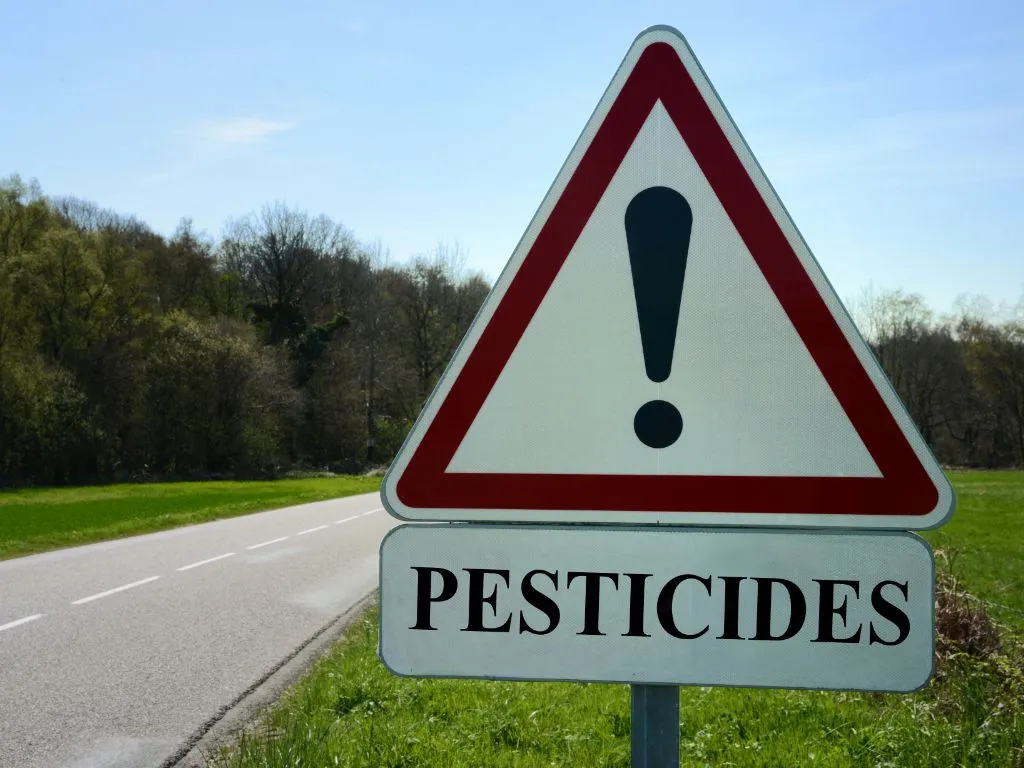- Home
- News Details
News Details

Argentina Expedites Pesticide Registration by Recognizing Technical Equivalence with Seven Countries
2024-07-18 Reference source : Auxilife
Latin America Pesticides Agriculture
Argentina has taken a significant step towards expediting its pesticide registration procedure by recognising technical equivalence with seven key countries: the United States, Mexico, the European Union, the United Kingdom, Australia, New Zealand, and Brazil.
Resolution 694/2024: Key Details
The new Resolution 694/2024, published in 2024, stipulates that equivalency will be granted only if the technical grade active substance to be registered comes from the same manufacturing facility and has ‘the same or higher purity level’ as the product approved in the countries listed above.
By accepting equivalence from countries with strong regulatory regimes, Argentina hopes to speed up the pesticide registration process, lower business costs and increase access to critical agricultural supplies. The decision is anticipated to promote tighter coordination between Argentina and the listed nations on pesticide control, as well as facilitate trade in agricultural goods.
Establishment of National Registry and Regulatory Oversight
The legislation establishes the National Registry of Plant Therapeutics and mandates stringent controls over the production, import, export, and marketing of phytosanitary products used in agriculture.
Key provisions of the legislation include:
National Registry: The creation of a centralized registry to monitor and regulate phytosanitary products.
Industry Responsibility: Strict accountability for those involved in the production and trade of these products.
International Standards: Adoption of global best practices and recognition of equivalence for technical grade active substances based on guidelines from organizations like the World Trade Organization.
Regulatory Alignment: Acknowledgment of leading regulatory bodies such as the US EPA and EU's EFSA for phytosanitary product evaluation.
National Oversight: The designation of SENASA (National Service of Agri-Food Health and Quality) as the authority responsible for registration, trade, and quality control of agri-food products.
Compliance Focus: A strong emphasis on adhering to international standards for health, safety, and quality in agri-food production.
Impact on the Agri-Food Chain
Argentina's dedication to protecting consumers and maintaining global standards in the agri-food industry is evident in this extensive regulatory reform. The legislation aims to protect public health and ensure the quality of agricultural produce. It covers a wide range of products within the agri-food chain, including food, raw materials, additives, animal feed, and fishery products.
We acknowledge that the above information has been compiled from Auxilife.
Global Product Compliance (GPC) specializes in Global Regulatory Compliance Solutions across sectors
globally. SSS Europe, a familiar name in chemical regulatory and compliance services now formally belongs
under the umbrella of GPC Holding Sweden.
Since 2008, we have emerged as one of the leading names among Global Regulatory Compliance Service
Providers with Representation services in Europe, Asia and Middle East for respective chemical
regulations.

 Twitter
Twitter
